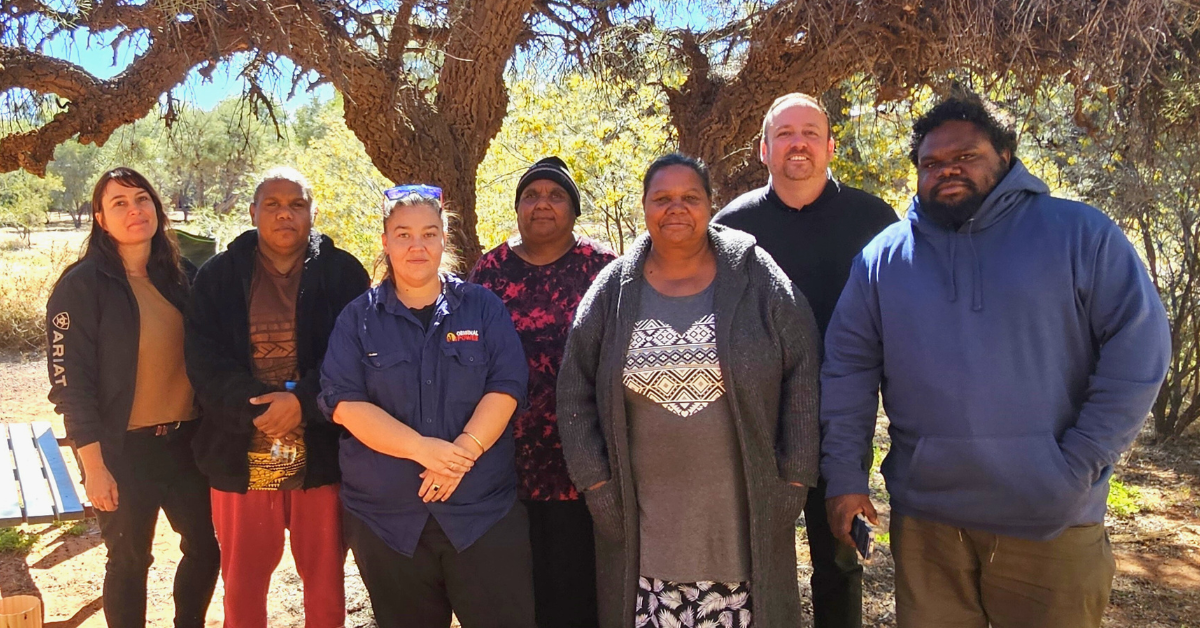This speech was delivered by Rosemary Sinclair AM at the Hearing on the Wholesale demand response mechanism draft determination event on 6 August 2019.
Thank you for the opportunity to speak to the consumers interests in this proposed decision.
In my 5 minutes I want to cover 4 topics;
1) What are consumers telling us?
2) What is AEMC DD saying?
3) Is the DD applying the NEO?
4) Comment on Consumer Protection
Our focus at ECA is on household and small business consumers. We support the Commission’s Draft Determination.
We are aware that larger businesses support the rule change through EUAA and note their submission and Media Release. These are the businesses for whom the draft determination would apply from 1 July 2022. Further reflection on implementation timing is needed in regard to small consumers – for whom existing protections are important.
- What are small consumers telling us – are consumers interested in demand response services?
Our 6 monthly ECSS June 2019 asks
How confident are you in your ability to make choices about energy products and services?
- National households agree at over 60%
- National small business agree at over 55%
However, consumers are less confident about the availability of information and tools to make choices about energy services and products.
Consumers are now expressing increased confidence that technologies will advance to help manage energy costs – now around 40-50% express confidence about the role of technology.
Most residential consumers (around 45%) are prepared to reduce energy use during periods of very high demand.
An additional 25% of consumers have indicated they are interested with an incentive.
60% of small business consumers think consumers should be rewarded for reducing energy use during peak periods.
Recent qualitative research suggests that consumers think an important contribution to managing the energy transition will be adapting their energy use to reduce cost.
Evidence from NSW in Feb 2017 showed an immediate response to media requests from the NSW Minister of 300MW of reduced demand on Saturday 11/2 and 200MW Friday 10/2.
We also note recent research from RMIT on how to better engage with small consumers in demand response and research by The Australia Institute reflecting global progress with demand response.
We see all this as evidence of consumer needs not being addressed by current market responses or arrangements.
After waiting for many years for these services to emerge, it now seems necessary to provide regulatory support through rule changes.
- What is AEMC DD saying – rules are needed to support the development of this market to meet consumers’ needs.
Evolving technologies are now enabling further demand side participation in the wholesale market and have increased with transparency and information on wholesale prices.
More active participation (in NEO terms – more efficient use of electricity) by the demand side will lead to:
- More efficient consumption of electricity by those consumers, and
- A lower cost combination of generation, substitutes for generation and network services for all consumers
- and achieve more affordable, more reliable services for all consumers.
The Commission’s decision creates a new class of market participant who can create value for demand response in the wholesale market:
- value for the system in the form of scheduled demand response services;
- value for customers through payment via commercial agreements
- value for all consumers through increased competition and lower wholesale prices
- value for all consumers through more efficient investment in network services.
In our view, the Commission’s DD offers increased competition, more choice for consumers and shared value.
The proposed mechanism builds on existing market processes and is focused on least cost implementation.
- Is the DD applying the NEO? Element by element
To promote efficient investment in – the DD brings additional competitive pressure to bear in the wholesale market and flows through to network investment.
And efficient operation and use of – the DD brings to life demand side engagement in wholesale markets.
Electricity services – the DD includes energy use and management for and by consumers as a new service.
For the long-term interests of consumers of electricity with respect to:
- Price – the DD Will lead to better price outcomes for individual customer and consumers overall
- Quality, Safety, Reliability – the DD allows efficient use of energy to play an increased role in achieving the reliability consumers prefer at value to them
- Security of supply of electricity – the DD allows efficient use of energy to play an increased role in achieving security of supply.
- Comment on Consumer Protection.
We note the Commission’s position that the new class of market participant is not a retailer and therefore the existing consumer protection responsibilities of retailers will not apply.
We are encouraged that the Commission will look at this issue expeditiously through its 2019 Retail Competition Review process.
If energy-specific consumer protections are required, we would encourage the Commission to explore the New Energy Technology Consumer Code process as a possible way of developing a relevant consumer protection framework.
The Commission’s Proposed Regulatory Sandbox arrangements for innovative technologies and business models might also be used in extending Demand Response technologies and business models to small customers. The use of a limited scope / for early experience / in small consumer / demand response / service development / will provide a laboratory to test the adequacy of consumer protections.
Conclusion
Let me summarise the reasons for our support for the Commission’s Draft Determination using ECA’S Framing:
Energy Consumers Australia supports the Commissions’ Draft Determination to change the rules to introduce Wholesale Demand Response (WDR).
We see this decision as contributing to an energy system and market where;
- Affordability is a constraint on investment and decisions about energy – an explicit criterion in decision making up and down the supply chain. The Draft Determination offers the possibility of Affordability as an opportunity for energy service innovation.
We want a market where;
- Energy services are built around individuals to reflect their own unique circumstances, enabling people to easily manage their own use and costs – whether that is consumers who are innovating and engaged; or the majority of consumers who are focused on affordability and costs; or consumers with vulnerabilities.
And a market where;
- Investment in the power system – networks, generation, retail and consumer – is optimised and based on consumers demands that not a dollar more is spent than is necessary and not one day earlier than needed.
We see the Commission’s Draft Determination supporting this direction in the long-term interests of consumers taking account of the realities of implementation and the reasonable interests of industry stakeholders.
ENDS
A PDF version of the speech can be accessed here.


